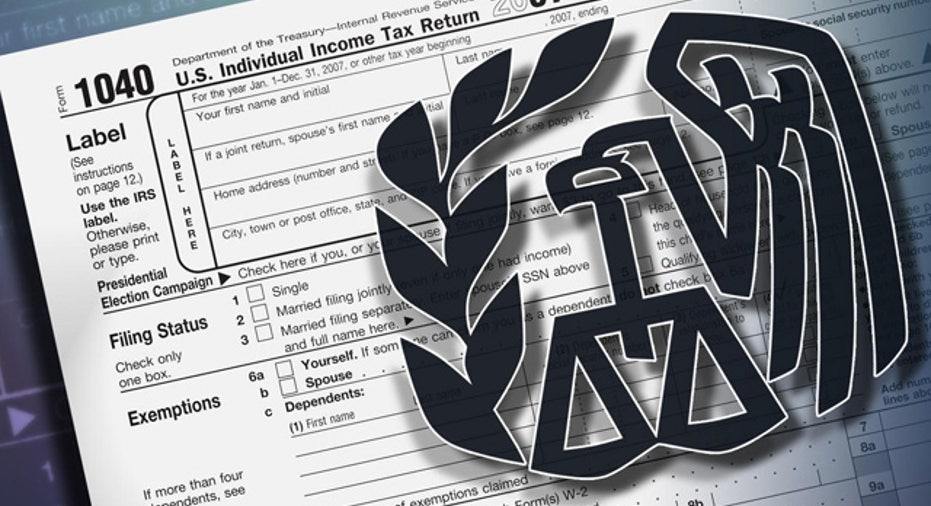Paying the IRS Back for its Mistakes

Dear To Her Credit
I owe the IRS about $130,000, mostly for refunds the IRS sent me by mistake. For example, one time I filed a return for $4,000 and the IRS refunded me $40,000. I spent the money. Now the IRS wants it back. Another time, the IRS sent me a bill for $3.5 million by mistake and then reduced to $3,700.
I have two questions: First, what legal right do I have to negotiate my installment payment?
Second, can I use money from my 401(k) plan to pay my back taxes and not pay a penalty or income tax on the withdrawal? If not, it's as if I am paying double tax, using 401(k) to pay back taxes and being taxed for the 401(k).
Thank you for your help.
-Sasha
Dear Sasha,
Lesson learned: Never cash a large check from the IRS without knowing what it is for.
At this point, you have three options: 1) Pay the back taxes immediately, 2) make installment payments, or 3) make an Offer in Compromise (OIC).
Option 1: Pay taxes immediately. If you have the money, paying all the taxes at once stops all penalties and interest from accruing and gets the IRS off your case. No more threatening letters, no more knot in the stomach. The bank account may be cleaned out, but it's over.
I can't recommend using money from your 401(k) plan to pay taxes, however. You would pay a penalty if you're not age 59 1/2 yet. Even worse, you'd be using up money that is otherwise safe from creditors and is earmarked for you to live on after you retire. Leave retirement funds for retirement.
Option 2: Make installment payments. You must apply for a formal installment plan. You can't just pay a bit each month on your own.
When you owe more than $25,000, the IRS doesn't promise to set up an installment plan. You may have to provide financial information so the IRS can determine the amount you can pay.
Setting up an installment agreement with the IRS isn't free. On top of penalties and interest already piled on, you'll pay a user fee of $105 ($52 if you agree to a direct debit plan). You will continue to pay interest and penalties until the back taxes are paid.
The IRS stops all collections proceedings while the installment agreement is being worked out, while the agreement is in place, for 30 days after they reject your request or for any time while you are appealing a rejection for an installment plan.
Option 3: Offer in Compromise. If the IRS is convinced that it will probably never collect on the full amount of back taxes, you may get an Offer in Compromise. This is much like negotiating a debt with a credit card company and is a last resort.
Contrary to what you may have heard on radio or TV ads, the IRS is not jumping at the chance to settle back tax bills for pennies on the dollar. You must be able to show the bill is uncollectible or that paying it would cause an undue hardship. You must also submit a $150 application fee and your initial payment with the offer.
If you are considering an OIC, consult with a tax attorney or other professional. The stakes are too high to try to go it alone with this problem.
The IRS often sends checks with absolutely no explanation. You may or may not get a letter under separate cover. The check often turns out to be an overpayment for one tax period because a payment was applied to the wrong year or some other mistake. If you cash the check, the other year is underpaid. Next thing you know, you're receiving nasty notices and penalties, which seems bizarre when you just cashed an overpayment check!
If this happens again, call or write to the IRS and find out what the check is for. If it turns out to be a mistake, as is often the case, the fun of cashing and spending the money is far outweighed later by the agony of having to pay it all back.
More from CreditCards.com:



















